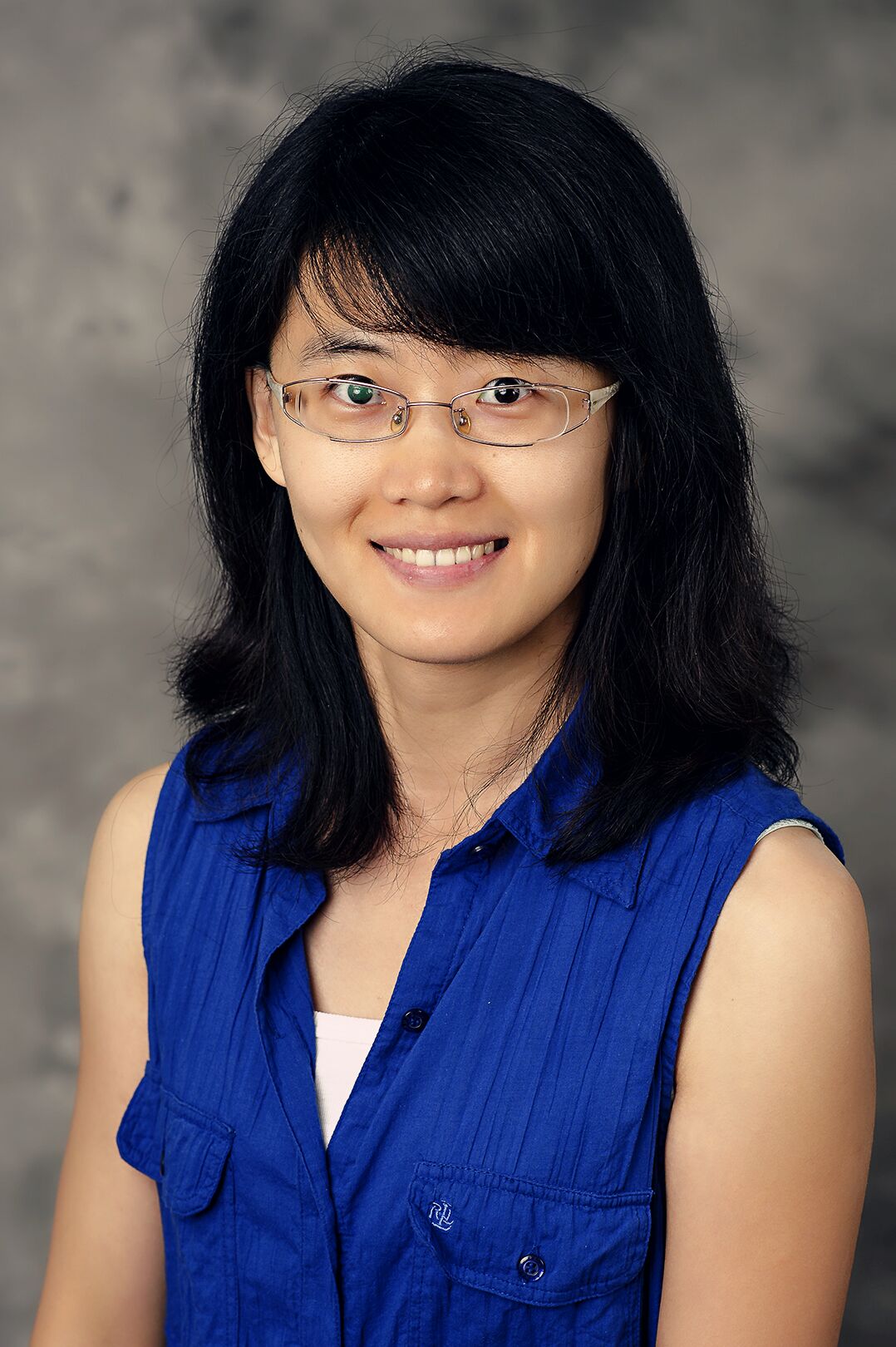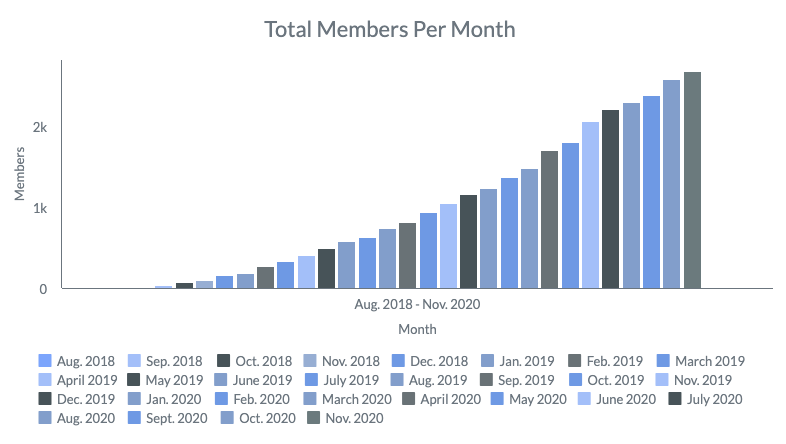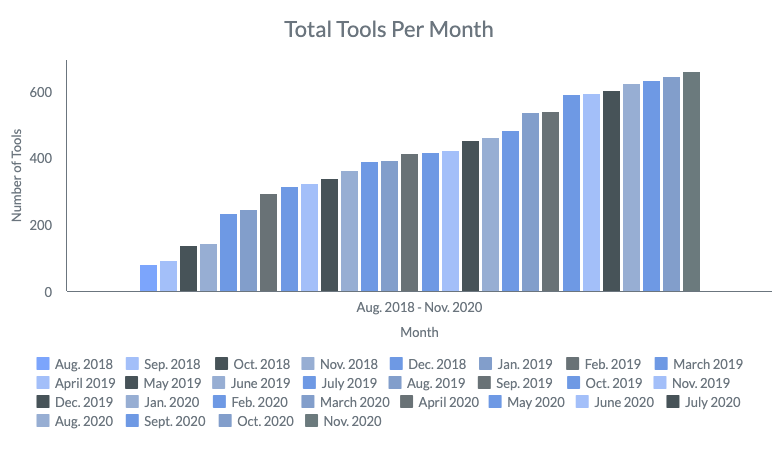|
A Word from HubICL Manager, Annette Benson Dear HubICL members,
As we begin another semester of remote and hybrid teaching and virtual exchange/collaborative online international learning (VE/COIL) study abroad experiences, we would love to hear your ideas for cultivating intercultural learning in new environments.
To share a resource with others, please go to hubicl.org/toolbox/tools/new. Fill out only what you know, and the HubICL curation team will work with you to finish the rest.
To share a list of resources—something like a list of favorite books and articles on a certain topic—please go to hubicl.org/collections.
To share a white paper about your pandemic-adapted study abroad or classroom experiences, please go to hubicl.org/publications.
If you have questions or comments about creating or adapting a new intercultural learning tool, we’d love to hear your ideas at cilmar@purdue.edu. You might also try the new Pecha Kucha presentation on the new HubICL YouTube channel to understand more about how the HubICL works.
As you know, use of the HubICL is always free, so don’t hesitate to delve into the HubICL often.
Here’s to new ideas in a new year!
Annette Benson
Intercultural Research Specialist Lan Jin Promotes the "R" in CILMAR
|

The backbone of intercultural learning theory and concepts is research. One way that the Intercultural Learning Hub (HubICL) enacts its mission is through the sharing of knowledge and scholarship in its Research Repository, which provides a space for members to publish open access manuscripts, reports, white papers, conference presentations, or blogs/editorials. Dr. Lan Jin, Intercultural Research Specialist at Purdue University’s Center for Intercultural Learning, Mentoring, Assessment and Research (CILMAR), has played an integral role in developing the Research Repository and promoting the “R” in CILMAR.
Jin was hired as CILMAR’s first Intercultural Research Specialist in August 2019. She received her Master’s and PhD degrees in Consumer Behavior, as well as her MPH in Family and Community Health, all from Purdue University. Her research centered on international students’ transition to American college life and how to provide support for improving international students’ mental health.
In fact, Jin’s own experience as an international student at Purdue informed her decision to pursue a career in intercultural learning: “Intercultural learning and intercultural competence development is very important. When I first came to the U.S., it was very tough for me to adjust to the new environment,” she recounted.
Jin appreciates that CILMAR is able to provide a variety of resources, such as training and support to faculty and staff, that ultimately benefit students and help them to improve their intercultural competence.
Jin’s role at CILMAR involves not only conducting research, but also providing interdisciplinary research support across the university. She provides research consultation services and collaborates with faculty, staff, and students who are conducting research on topics related to intercultural learning.
|
Additionally, she facilitates the CILMAR Writing Group and the Seed Grant Program. Writing group provides a venue for faculty and staff whose work intersects with intercultural learning and intercultural competence development to write together, share their progress and challenges they have faced, and support each other. Seed grants are available to faculty, staff, and doctoral students conducting research related to intercultural learning.
Jin’s latest project has been uploading Seed grant participants’ research presentations to the HubICL Research Repository. She has been integral in promoting the repository, as she has connected with faculty and staff across campus and encouraged them to share their research articles on topics such as intercultural competence and study abroad.
The HubICL team is always accepting new publications to the Research Repository, and Jin suggests that research on virtual teaching and learning is especially pertinent right now.
“Nowadays, pretty much all of us work from home or take courses from home, so I think we need to respond to the needs of the many instructors who have had to transfer their teaching from in-person to virtual environments,” she said. “People need resources and best practices to guide them and help them design their courses and curricula for virtual contexts.”
Jin also has some of her own research in the works. For example, she is currently writing two papers: one about developing intercultural competence through a study abroad program in Peru and another on the long-term impact of study abroad programs on intercultural competence development. She’s also working on a literature review on the relationship between cultural diversity and teamwork effectiveness.
Be on the lookout for Jin's work in the Research Repository in the future!
|
Amy Alice Chastain's Professional Journey and the Power of Stories
|

Everyone has a story to share, and those stories can take us on incredible journeys through the lives of others. Amy Alice Chastain graciously agreed to sit down (virtually) with Lindsey Macdonald, CILMAR's Professional Writer, and share the story of her journey to becoming the Associate Professor of Instruction in the English as Second Language program at the University of Iowa.
From the time she was 11 years old, Chastain had a plan for her life: She would become a French major and study abroad in France. “My mom will tell you,” Chastain said, “I was just born this way. I’ve always been interested in other cultures and languages.”
Although she would end up switching her major to International Business, her childhood ambitions came to fruition as she headed to France during her junior year at the University of Georgia.
However, following graduation, her professional life took a detour as she pursued a career in business. She was working on her Master’s of Business Administration (MBA) while serving as the Communications Manager at Goodwill Industries of Middle Georgia and the Central Savannah River Area when it became apparent that she had lost her way.
“Everyone at Goodwill Industries had to take this strong interest test to make sure we were all on the right path to what we should be doing with our lives,” Chastain explained. “When I met with the Vice President to discuss my results, the first thing she said to me was, ‘What are you doing here?’”
Following that meeting, Chastain decided to stop pursing her MBA and enrolled in the Masters of Applied Linguistics and ESL program at Georgia State. Finally, all was right again: “I remember sitting in those first two classes that first week and looking around thinking, ‘I’m exactly where I’m supposed to be.’ It was the best feeling; it was so satisfying. I was right back on track of where I knew I was supposed to be since I was 11.”
During her time at Georgia State, Chastain received the opportunity to go to Beijing as an Advanced Study Scholar at Tsinghua University, where she taught English/Writing for Academic Purposes courses while finishing her degree.
|
She loved China so much that she applied to another job at the English Language Center at Shantou University where she was supervised by Don Snow, author of More Than a Native Speaker and one of the founding members of the Intercultural Communication Interest Section (ICIS) in TESOL. Snow encouraged her to apply for the newsletter editor position within ICIS, and she has been a part of the group leadership ever since. From that point on, intercultural communication became Chastain’s primary focus.
After her time in China, Chastain went on to become a Lecturer at the Emirates College for Advanced Education in Abu Dhabi, which then led her to her current position at the University of Iowa, where she found happiness and community in teaching Intercultural Communication and ESL courses.
One activity that Chastain uses in her intercultural communication courses is Story Stitch. Story Stitch is a conversation card game created by Green Card Voices that allows participants to develop deeper connections through storytelling. Chastain contributed the Story Stitch activity to the HubICL, as she incorporates it into her classroom in a variety of ways each semester.
Most recently, she facilitated the activity as a first-day icebreaker in lieu of the typical syllabus day: “I use it as a way to set the scene and create the environment in the class. We’re working together; we’re going to be together. We might as well get comfortable with one another.”
Chastain has also tasked students with hosting Story Stiches of their own outside of class. She’s had students get their entire dorm floor to participate in the activity. She’s even had students who will do a Story Stitch with their extended families and then end up hearing stories that were never told to them before.
After the students complete their Story Stitch, she has them share a reflection on their experience and how it affected them: “It’s obvious that for some it deeply impacts them and their relationships and how they see and engage with people,” she said.
Chastain will be facilitating a Story Stitch at the next Purdue InterCultural Learning Community of Practice (PICLCoP) meeting on December 15th. All PICLCoP meetings are now held virtually, so anyone is welcome to join! If you are interested in participating, please email cilmar@purdue.edu. You can also get more information about PICLCoP by liking and following CILMAR at facebook.com/PurdueCILMAR. We are so excited for Amy Chastain to join us and guide us through the Story Stitch experience!
|
New Toolbox ToolsLooking for something new you can use for intercultural learning with faculty, staff, and students? Then check out these original tools submitted to the HubICL Toolbox in October and November 2020.
|
Don't Just Smile!
Created by Dr. Aletha Stahl
|
In Don't Just Smile!, participants discuss the concept of emotion labor and reflect on the emotion labor that they and others perform in various situations. They first think of a situation where they felt intense feelings and then discuss what it would be like to have to either suppress those feelings or pretend that they shared those feelings with someone else. This will then lead into a discussion about coping with situations where emotion labor is required.
|
|
Emotion Labor in Careers: Case Study Analysis
Created by Dr. Kris Acheson-Clair
|
Emotion Labor in Careers asks groups of participants to analyze case studies dealing with emotion labor in various professions. Then, they design their own case for the future occupation of one or more participants in their groups using the existing cases as models.
|
|
Neighborhood Walk
Created by Wei Qiu, Purdue University, Global Engineering Programs and Partnerships
|
In Neighborhood Walk, participants practice their observation, analysis, and reflection skills by taking a walk through their neighborhood, identifying what they see, and connecting their observations to various issues related to the local culture.
|
|
Foodways: Slurp
Created by Jonathan Ying, Purdue University, Krannert School of Management
|
Foodways: Slurp is an activity based on a YouTube video by Kane Diep called Slurp. After watching the video, participants discuss the concept of foodways and how the practices surrounding food relate to culture.
|
Please upload your original or adapted tools here to have them included in the February 2021 issue of the HubICL Hubbub.
AnnouncementsHubICL Highlights Promoted on Facebook:
Looking for intercultural learning tools or assessments to use in a classroom or program? Or maybe some research on intercultural competence? CILMAR now offers HubICL Highlights each week on its Facebook page:
- Tuesday, tools from the Toolbox
- Wednesday, Collections
- Thursday, publications from the Research Repository
- Saturday, assessment resources
- Sunday, ideas for new tools
To see any or all of these highlights, please like and follow us at facebook.com/PurdueCILMAR!
Call for Papers on Virtual Exchange, COIL, and Distance Learning:
Have you been collecting data related to virtual exchange, COIL, distance learning, or another related topic? Are you looking for a home to publish your research project? Consider submitting to the HubICL Research Repository! Compile your data and writing into our white paper template and submit your document at https://hubicl.org/publications/submit. Our HubICL Team will then assist you with formatting and filling out the appropriate fields.
Upcoming HubICL Events:
HubICL Tool Demo: Story Stitch. Amy Alice Chastain, presenter. December 15, 2020. Purdue InterCultural Learning Community of Practice (PICLCoP).
HubICL Tool Demo: Intersectionality. Presenter TBD. January 26, 2021. Purdue InterCultural Learning Community of Practice (PICLCoP).
HubICL Tool Demo: ICL Games in the Virtual Environment. Presenter TBD. February 23, 2021. Purdue InterCultural Learning Community of Practice (PICLCoP).
HubICL Growth

As of November 30, 2020, the HubICL has reached 2,694 members and 660 tools in the Toolbox! The HubICL membership spans 718 institutions of higher education, 194 private/nonprofit/government organizations, and 79 K-12 institutions. Additionally, 446 members are from 72 countries outside of the United States.
The HubICL was created by Purdue University's Center for Intercultural Learning, Mentorship, Assessment, and Research (CILMAR)
|
|




